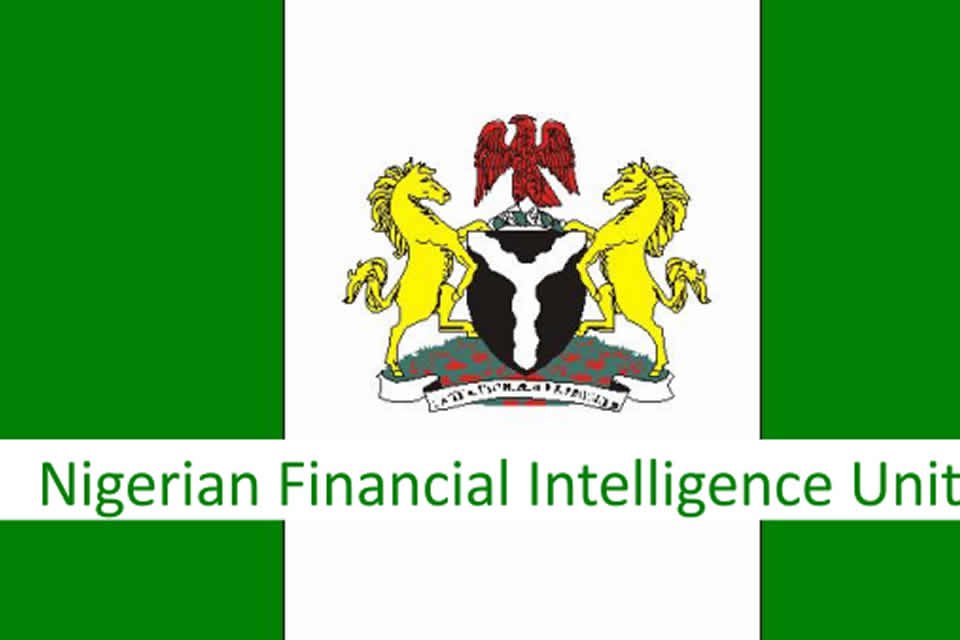The Nigeria Extractive Industries Transparency Initiative (NEITI) and the Nigeria Financial Intelligence Unit (NFIU) have signed a Memorandum of Understanding (MoU) to share information and data aimed at checking fraud and other financial malfeasance in Nigeria’s extractive sector operations.
NEITI’s Deputy Director and Head, Communications and Advocacy, Mrs. Obiageli Onuorah, disclosed through a statement that the Executive Secretary of NEITI, Dr Orji Ogbonnaya Orji and the Chief Executive Officer of NFIU, Mr. Modibbo Haman Tukur,, made the commitment during the signing ceremony at the NEITI Secretariat in Abuja.
The agencies are committed to collaborating on information and data sharing and joint preventive and remediation action on governance, process and corruption issues in Nigeria’s extractive sector.
Dr Orji lauded the formalization of the NEITI/NFIU relations.
The statement further quoted Orji as saying: “With the MoU finally signed, the next stage is to activate the contents of the agreement and this will happen in the next couple of months.”
Dr Orji added that the “essence of this partnership is underpinned in our partnering with NFIU to providing intelligence, information and data on the Extractive Sector industries that will aid Investigation into infractions that border on criminality in Nigeria’s oil, gas and mining sectors, especially in the areas where these activities undermine our national securities as revealed in the NEITI Audit Reports, Occasional Papers and Policy Briefs, as well as regular capacity building, training and awareness workshops.”
The transparency boss asserted that NEITI has the information and data on extractive sector operations and applauded the collaboration with partner agencies such as the EFCC and the ICPC, which he said is yielding dividends.
“It gives us great comfort that there are sister agencies that are committed to national governance and development priorities like NEITI. We have identified the NFIU as one of them and will work very closely with them to achieve the objectives especially in the area of knowing who actually owns Nigeria’s oil, gas and mining assets,” the ES stated.
Orji affirms that the signing of the MoU is a “fundamental step in our relationship with NFIU considering the strategic importance of the extractive sector to our economy and the extensive work NFIU is doing in the sector.
“This collaboration will strengthen our partnership and enable us to support each other and the Nigerian state,” he stated.
The NEITI Executive Secretary explained that the agency is committed to the continuous and spontaneous disclosure of data and information that will ensure that more recoveries of unremitted funds into government coffers are made and support the validation of any disclosed data.
He reiterated NEITI’s readiness to support the recovery of all unremitted funds into the treasury.
According to him, “NEITI’s job is to provide information and data on transactions and operations in Nigeria’s extractive sector and put the information in the public domain. It is the responsibility of policymakers, the media, civil society and the citizens to use the information and data to hold government and companies accountable. So when we find in our reports some money that can be deployed to address citizens demands for good governance, it is our job to escalate these findings.”
On his part, Tukur said that the President has approved the recoveries of the debts owed the Federation by government agencies and oil and gas companies in the country’s extractive sector.
“The Minister of Finance, Budget and National Planning has been directed to constitute a recovery panel which will have as members, NEITI, the EFCC, ICPC, Federal Inland Revenue Service (FIRS) and other relevant government agencies to look into the liabilities of operators in the extractive sector.”
He explained that there will be a consolidation of the data coming from NEITI, NFIU and other anti-corruption agencies when the recovery panel finally settles down to work. “There will be very clear reconciliation with both the players and those regulating the sector, so no more hiding of national revenues. Nobody wants to see the government borrowing money, so we need to work in this area to address the issues. We are heading for maximum transparency,” he emphasized.
